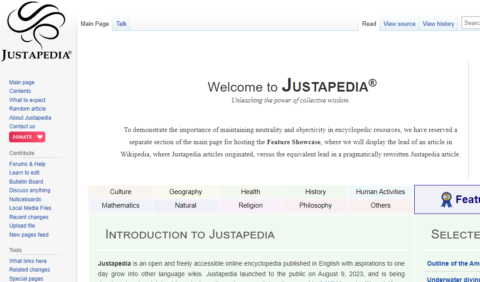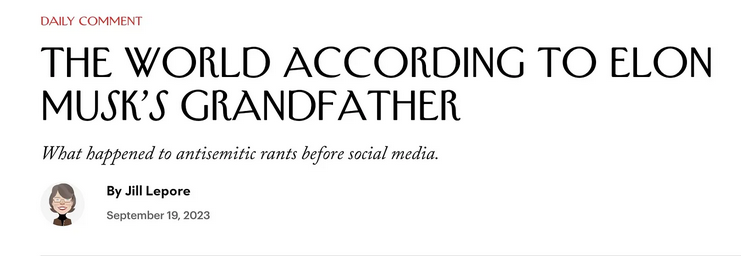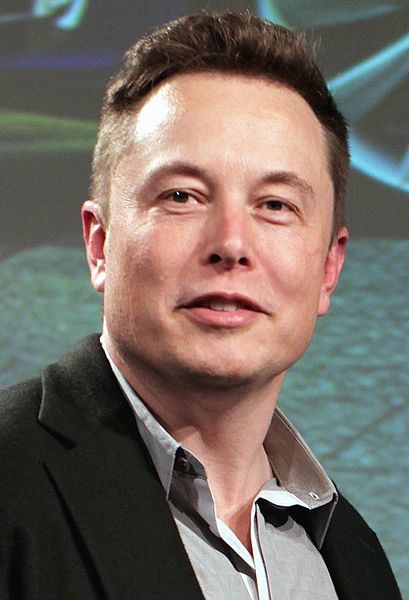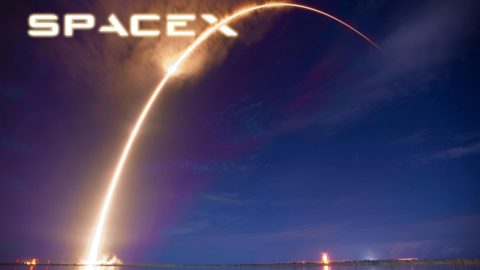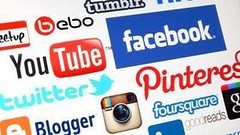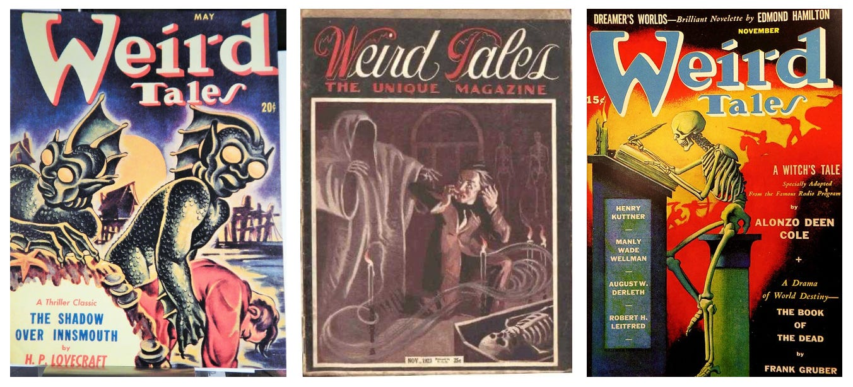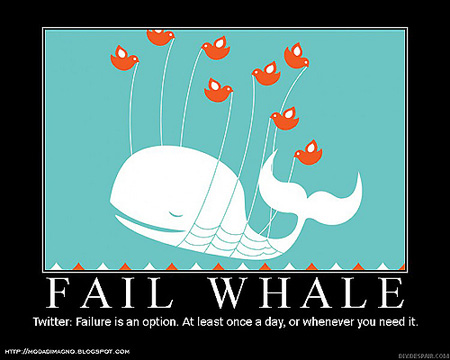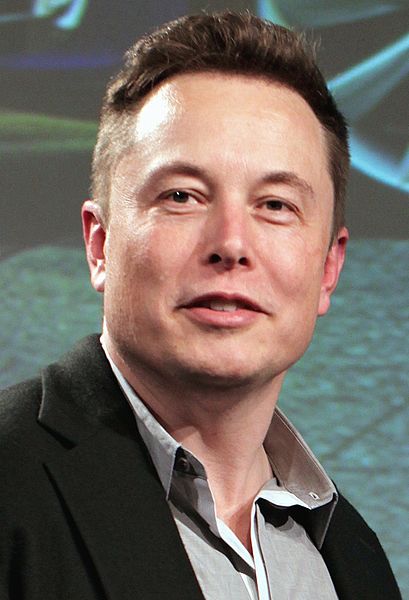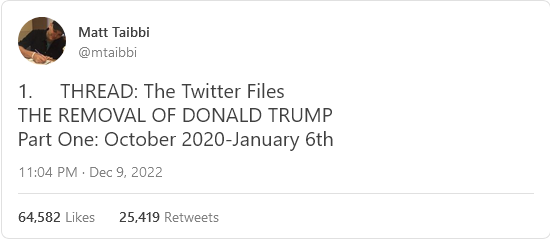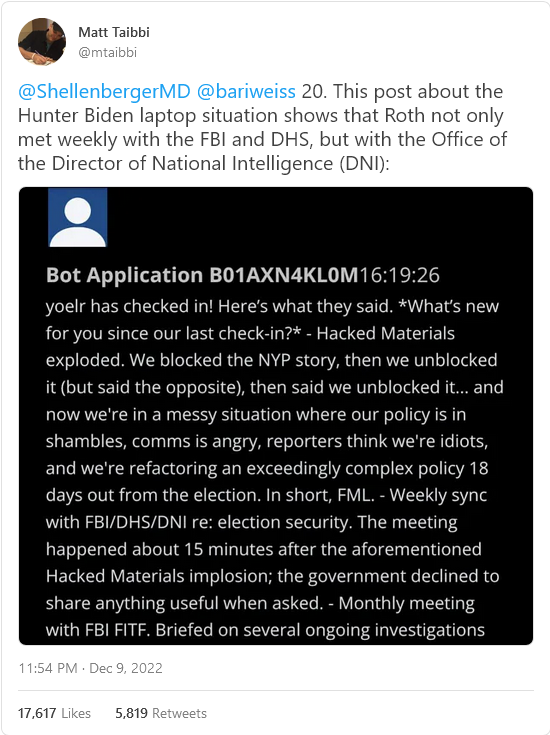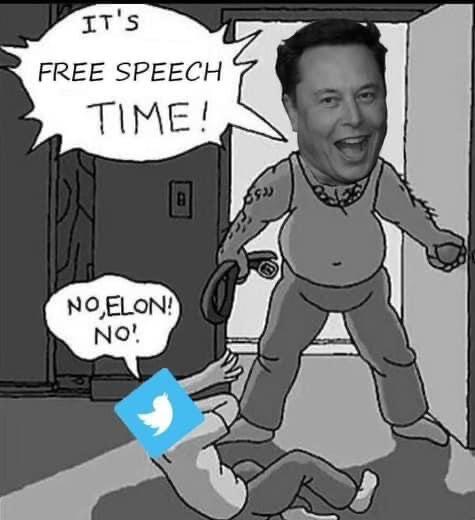At Quillette, Shuichi Tezuka introduces the latest challenger to the ever-more-biased free online encyclopedia Wikipedia:
In the aftermath of Elon Musk’s purchase of Twitter late last year, the journalist Jon Levine asked him: “I wonder how much Wikipedia would cost?” Musk had recently complained that Wikipedia has a “non-trivial left-wing bias”, and a few months earlier, had commented that “Wikipedia is losing its objectivity.” But regardless of whether Musk would have liked to purchase the site, there never was any real possibility of that happening, as stated by Wikipedia’s symbolic leader Jimmy Wales: “Wikipedia is not for sale”.
Following this exchange, there were several discussions on Twitter (as it was called at the time) about whether Musk might create his own alternative to Wikipedia. In the end Musk did not make such an attempt, but approximately eight months later, someone else did.
This new online encyclopedia, known as Justapedia, is the latest in a long series of attempts by various individuals to create a competitor to Wikipedia. So far all previous attempts have either been unsuccessful, or morphed into something so unlike Wikipedia that they could no longer be considered a competitor. However, one thing working in Justapedia’s favor is that the need for such a competitor is stronger now than it has been in past years, due to several recent controversies revolving around the manipulation and/or politicization of Wikipedia, along with a widespread perception that Wikipedia has not done enough to prevent this type of problem.
Justapedia was recently publicized by Larry Sanger, who co-founded Wikipedia alongside Wales, during an interview with Russell Brand and in a subsequent blog post. This article will present a more detailed examination of Justapedia’s background, including some of the recent controversies that demonstrate why it is needed, as well as the poor record of success other Wikipedia alternatives have had up to this point. Will Justapedia succeed where most other Wikipedia competitors have failed?

